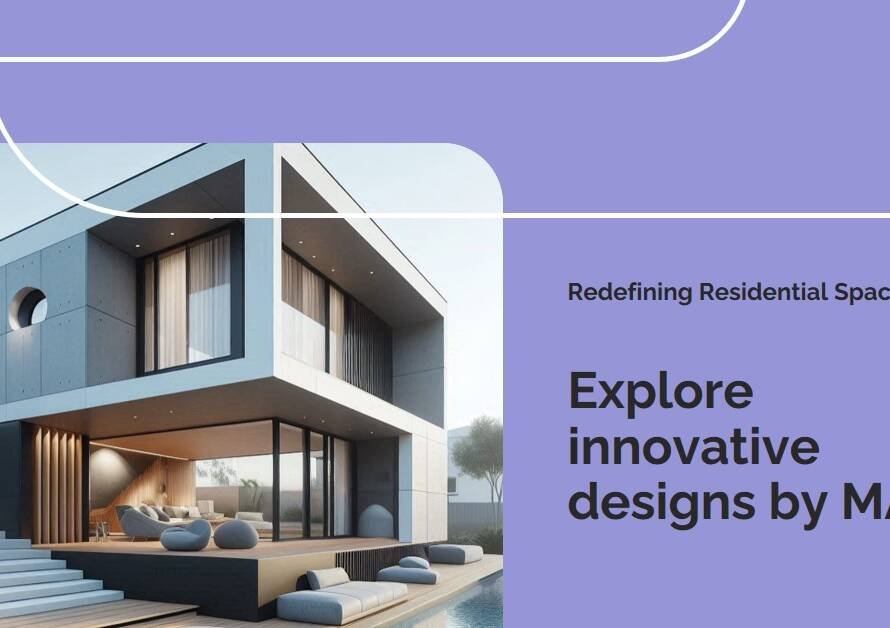
Table of Contents
- Introduction: Finding the Ideal HVAC System
- Understanding Your Needs: Assessing Home Requirements
- Central Air Conditioning: The Standard Solution
- Ductless Mini-Split Systems: Versatile and Efficient
- Heat Pumps: All-in-One Heating and Cooling
- Furnaces: Reliable Heating Power
- Boilers: Efficient and Comfortable Heating
- Geothermal Systems: Harnessing Earth’s Energy
- Hybrid Systems: Combining Strengths for Optimal Performance
- Smart HVAC Systems: Embracing Modern Technology
- Conclusion: Making the Right Choice
Introduction: Finding the Ideal HVAC System
Selecting the right HVAC system for your home can significantly impact your comfort and energy efficiency. With a plethora of options available, making the best choice might seem overwhelming. This guide aims to simplify the process by breaking down the various types of HVAC systems and their respective benefits.
Understanding Your Needs: Assessing Home Requirements
Before diving into the specifics of HVAC systems, it’s crucial to understand your home’s unique needs. Consider factors such as the size of your home, the climate in your region, and your budget. These elements will guide you toward a system that provides optimal comfort and efficiency.
For instance, larger homes may require systems with greater capacity, while homes in regions with extreme temperatures might benefit from systems designed for high efficiency in heating and cooling. Evaluating these requirements upfront can save time and ensure you select the most suitable HVAC system.
Central Air Conditioning: The Standard Solution
Central air conditioning systems are a popular choice for many homeowners. These systems use a network of ducts to distribute cool air throughout the home, providing consistent and efficient cooling.
One of the main advantages of central air conditioning is its ability to maintain a uniform temperature across all rooms. Additionally, modern central AC units are designed with energy efficiency in mind, helping to reduce utility bills while keeping your home comfortable.
Ductless Mini-Split Systems: Versatile and Efficient
Ductless mini-split systems offer a flexible solution for homes without existing ductwork. These systems consist of an outdoor unit and one or more indoor units, allowing for zoned cooling and heating.
The primary benefit of ductless mini-split systems is their energy efficiency. By providing cooling and heating only where needed, these systems can significantly reduce energy consumption. Moreover, the installation process is less invasive compared to central systems, making them an excellent option for retrofitting older homes.
Heat Pumps: All-in-One Heating and Cooling
Heat pumps are an innovative solution that provides both heating and cooling from a single unit. These systems work by transferring heat from one place to another, making them highly efficient.
In regions with moderate climates, heat pumps can offer substantial energy savings. They are especially effective in maintaining comfortable indoor temperatures year-round. Additionally, heat pumps are available in both air-source and ground-source models, each with its own set of advantages.
Furnaces: Reliable Heating Power
For homeowners primarily concerned with heating, furnaces remain a reliable and powerful option. Furnaces operate by heating air and distributing it throughout the home via a duct system.
Modern furnaces are designed for high efficiency, often achieving efficiency ratings of 90% or higher. They are particularly beneficial in colder climates where a robust heating system is essential. When paired with a compatible air conditioning system, furnaces can form part of an effective and comprehensive HVAC solution.
Boilers: Efficient and Comfortable Heating
Boilers provide an alternative heating method by using water or steam to heat your home. These systems can be highly efficient, especially when utilizing modern condensing technology.
Boilers offer the added benefit of providing consistent and comfortable heat, often without the drafts associated with forced-air systems. Additionally, they can be used in conjunction with radiant floor heating for an extra level of comfort.


Geothermal Systems: Harnessing Earth’s Energy
Geothermal HVAC systems utilize the stable temperatures underground to provide heating and cooling. By circulating a fluid through buried pipes, these systems can efficiently transfer heat to or from the ground.
One of the standout advantages of geothermal systems is their exceptional energy efficiency. While the initial installation cost can be higher, the long-term savings on energy bills often justify the investment. Furthermore, geothermal systems have a longer lifespan compared to traditional HVAC systems.
Hybrid Systems: Combining Strengths for Optimal Performance
Hybrid HVAC systems combine the features of heat pumps and furnaces, offering the best of both worlds. These systems switch between electricity and gas, depending on which is more efficient at the time.
The primary benefit of hybrid systems is their ability to optimize energy use based on current conditions. This flexibility can lead to significant cost savings and enhanced comfort throughout the year. Additionally, hybrid systems are an excellent choice for homeowners looking to minimize their environmental impact.
Smart HVAC Systems: Embracing Modern Technology
Smart HVAC systems incorporate advanced technology to enhance comfort and efficiency. Features such as programmable thermostats, remote access, and energy usage tracking make these systems highly user-friendly.
The convenience of controlling your HVAC system from a smartphone or other device can greatly improve your home’s comfort. Moreover, smart systems often provide detailed insights into energy usage, allowing homeowners to make informed decisions about their heating and cooling preferences.
Conclusion: Making the Right Choice
Choosing the best HVAC system for your home involves careful consideration of various factors, including your specific needs, the system’s efficiency, and your budget. By understanding the different types of HVAC systems available, you can make an informed decision that enhances your home’s comfort and energy efficiency.
Remember, investing in a high-quality HVAC system is not just about immediate comfort—it’s about long-term savings and sustainability. With the right system in place, you can enjoy a comfortable living environment while keeping energy consumption and costs under control.


